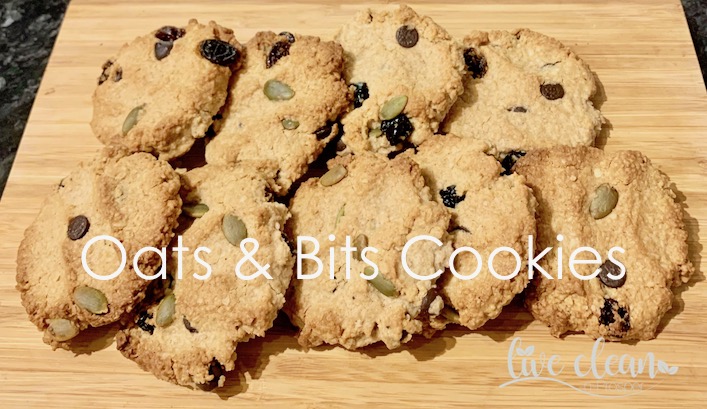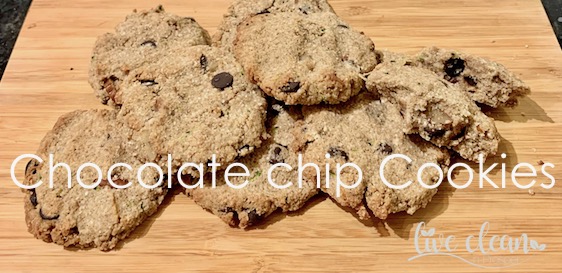- Todays post is about Food for the Mind.
It seems that a groups of U.S. scientists have been researching nutrition. They found that certain foods are not only good for our body; but also good for our brain.
Finally science is catching up with what naturopaths have been trying to teach us for years. The father of western medicine, Hippocrates, did say ‘Let food be thy medicine and medicine be thy food’ way back in 5th century BC. Even back then, Hippocrates recognised the value of eating well and the potential of certain foods for good health.
Good food lowers our risk of ALZHEIMERS!
Scientists have taken our diets in almost a full circle. Along the way they have created ‘food substances’ in laboratories and developed ways of genetically modifying food to ‘improve it’. Over the years, scientists have generally messed around with foods that were okay to start with.
Now research has shown that by eating a diet of vegetable, legumes, fish and poultry can lower the risk of Alzheimer’s disease among ageing adults by up to 53%.
Just as there is no magic pill to prevent cognitive decline, no single almighty brain food can ensure a sharp brain as you age. Nutritionists emphasise that the most important strategy is to follow a healthy dietary pattern that includes a lot of fruits, vegetables, legumes, and whole grains. Try to get protein from plant sources and fish and choose healthy fats, such as olive oil or canola, rather than saturated fats.
The MIND Diet
The MIND diet was developed by a Dr Morris from Rush University and she stated; ‘in the same way our organs need nutrients the brain is no different. This means that the more a person adheres to the MIND diet, the greater the protection and the healthier they’ll be.’
The MIND diet has ’10 brain-healthy food groups’, which cover a spectrum of nutrients, healthy fats, antioxidants, and proteins that nourish the brain.
*Green leafy vegetables
*Other vegetables
*Nuts
*Berries
*Beans
*Wholegrains
*Fish
*Poultry
*Olive oil
*Wine
Research shows that the best brain foods are the same ones that protect your heart and blood vessels.
The 5 brainpower foods
Green, leafy vegetables such as kale, spinach, collards, and broccoli are rich in brain-healthy nutrients like vitamin K, lutein, folate, and beta carotene. Research suggests these plant-based foods may help slow cognitive decline.
Fatty fish are abundant sources of omega-3 fatty acids, healthy unsaturated fats that have been linked to lower blood levels of beta-amyloid—the protein that forms damaging clumps in the brains of people with Alzheimer’s disease. Try to eat fish at least twice a week, but choose varieties that are low in mercury, such as salmon, cod and canned light tuna. If you’re not a fan of fish, ask your doctor about taking an omega-3 supplement, or choose omega-3 sources such as flaxseeds, avocados, and walnuts.
Berries, as they contain flavonoids, the natural plant pigments that give berries their brilliant hues. Studies have found that flavonoids also help improve memory.
Tea and coffee might offer more than just a short-term concentration boost. In a 2014 study published in The Journal of Nutrition, participants with higher caffeine consumption scored better on tests of mental function. Caffeine might also help solidify new memories, according to other research.
Nuts are excellent sources of protein and healthy fats, and one type of nut in particular might also improve memory. Walnuts are high in a type of omega-3 fatty acid called alpha-linolenic acid (ALA). Diets rich in ALA and other omega-3 fatty acids have been linked to lower blood pressure and cleaner arteries. That’s good for both the heart and brain.
Well, it seems that we are on to a good thing with our desire to ‘live clean’ and eat ‘real, whole foods.’ Science is backing us up.
Other lifestyle choices mentioned to assist with brain health are – reduce stress, be creative, keep learning and
Get moving!
We are also making an effort to get moving and go for a daily walk, as well as monitoring our incidental movement throughout the day. This has been a bit of an eye opener; it’s really surprising some days how little we move.
There are also some mornings when I really don’t feel like going walking, but you know, once I have made the effort and I’m walking down the street, I’m really glad I did. It wakes me up, gives me time to think about my day; what I need to do and what I want to achieve. Of course it gets the metabolism up and running for the day, increasing the heart rate, burning the calories and improving lung capacity.
Till next post,
Live clean ‘n’ prosper.
(Sources – Harvard health Publishing – Premier Neurology & Wellness – Mayo Clinic



